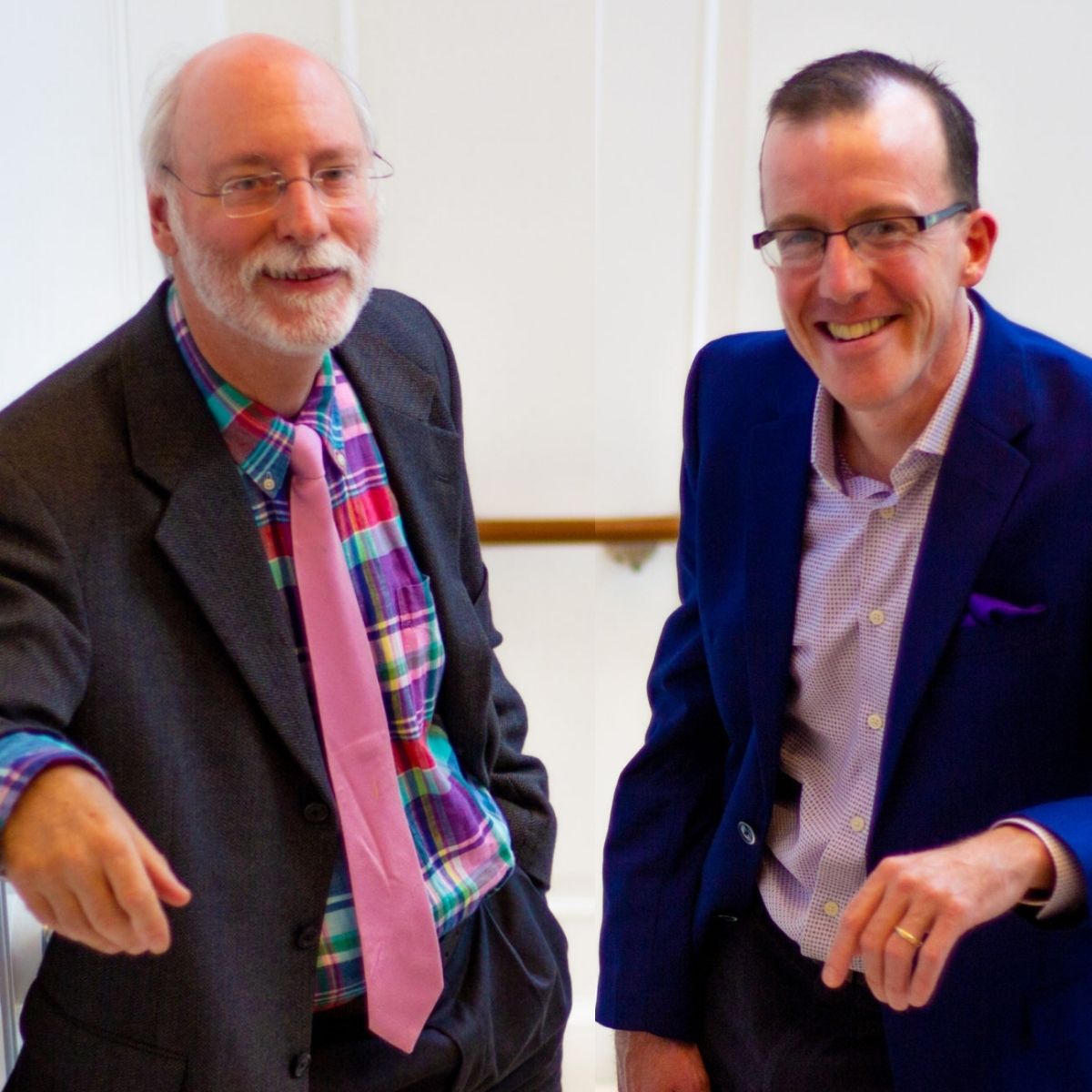
Children do not need a reading curriculum to learn to read.
I know that’s an odd way to begin a review of a reading curriculum like All About Reading, but bare with me. Children with literate parents, in a literate society, can learn to read the same way they learned to walk and talk. Natural literacy development is a beautiful, easy, lifelong arc that can be trusted.
If you want to dive deeper into how reading can develop on the natural homeschooling path, then turn to the reading section of the Sage Homeschooling book or listen to Episode 7 of the Sage Family Podcast with reading specialist Leah McDermott.
Disclosure: When I recommend a product that I believe will add value for you, it may contain an affiliate link, and when you click the link to make a purchase, I may receive a small commission at no extra cost to you.
Sometimes a child will start expressing frustration standing at the precipice of a developmental leap if they are feeling stuck. Their overall development might outpace a specific skill or ability. Most of the time the solution is simply patience, but sometimes they might benefit from more.
Sometimes they might benefit from an offer of extra help.
If it is a problem for them, then it can be advantageous to offer a resource that could be helpful (not if it is a problem for your in laws and not if they have “fallen behind” on any arbitrary timetables because none of that is about them at all).
Just like with walking and talking, the default should be trust that your child is exactly where they need to be. And just like with walking and talking, sometimes we notice that the struggle is feeling a little extra for our kid and we can correspondingly offer a little extra help, for example, some speech therapy, a leg brace, or a reading curriculum.
Dyslexia is a label that fits for about 15% of the population and for several members of my family, including my very intelligent and successful husband. (The Dyslexic Advantage is a good book to help understand the strengths that come with a dyslexic brain.)
Even with this label and other neurodiversities like ADHD in the mix, all of my children learned to read naturally with a family culture and home environment that included a love of sharing stories, tons of reading aloud, endless audio books, paperbacks with themes of interest strewn about, enriching conversations (because talking is part of literacy), self-directed writing with real life purpose, and a mama they witnessed loving reading and writing every single day.
So much of the work of supporting the literacy development of a dyslexic child is the work you do on yourself as a homeschooling parent: patience, trust, and boundary setting against pressures from outside. But I do lean in and offer help when I believe it might be advantageous. Help that they are free decline. They are clear that they own their learning journey and wherever they are today is okay (no arbitrary timelines, no pressure, no shame).
We chose the All About Reading curriculum.
When West asked me to bring in a resource to help accelerate his reading so he could read the Harry Potter book series on his own sooner, All About Reading was what I brought in. He was motivated by magical wizards to strengthen his reading muscle and All About Reading gave us some exercises we could do together to pump up.
He moved through Level 1 and the frustration that had just begun developing as his drive surpassed his skill went away. When he completed that level, he chose during our Bucket System collaboration session to focus on some other things for a couple seasons. And now going into the fall, he wanted level 2 of All About Reading. We move through as much as feels helpful of the lesson each bucket day and he genuinely enjoys the reading boost.
All About Reading was started by a homeschooling mom with a dyslexic son who was told he would never read by the professionals. So in a classic homeschooler move, she combined her background in language arts education with research into how kids’ brains learn to read to create a curriculum that met her son’s needs and gave those professionals the middle finger (I may have added in that last part for dramatic effect).

The program is evidence based (rooted in the Orton Gillingham approach) and multi-sensory, which is great for my kid who learns with his whole body. There is a nice mix of hands on projects, iPad letter tiles, flash cards, books, and papers.
It’s easy for me (no prep or planning required) but the aspect of it that I most appreciate is that I’ve been able to customize it to align with our values and my kid’s needs. For example, we do as much each bucket day as feels right for him and our flash card work often involves him acting out each word that he reads for me to guess.
But my favorite part might just be the books. My kids always hated readers and wanted nothing to do with them and yet sometimes experienced frustration at trying to read the meatier books that held their interest. Having a story that is tailored to the exact reading skill that you are working on is so helpful. Plus, this has to be my favorite because I just so genuinely and thoroughly enjoy the experience of my kids reading to me—getting to experience the story through their interpretation and confidence is so connecting.
That said, it is still a curriculum, which means you’re being invited to sit down at a table and do focused work that is not directly connected to any meaningful context (not our favorite type of learning). But if it’s self-directed, meaning your kid is motivated to hone their reading skills, then that is the meaningful context. As West said when I asked him for his review, “I’d rather be doing American Ninja Warrior, but it’s good.”
It’s actually quite funny because I’m a professional writer and voracious reader and I’m learning all kinds of literacy rules that I had no idea even existed. Reading has always been very intuitive for me but some people benefit from explicitly learning some of those rules (particularly those dyslexic brains).
With each of my kids I witnessed a switch flip in their brains when they were ready—when reading really clicked and they got it—and nothing I did or did not do came close to the power of their brains just being ready. But this curriculum did significantly accelerate my kiddo’s ease, competence, and confidence in reading. I just want to highlight that we didn’t introduce it until he was ready.
If you think your child might benefit from the help of a resource like All About Reading, then you can head on over to their site and start with level 1 or click on any of the placement tests to see if a higher level might be a better fit. If you’re unsure, I’d recommend starting at the beginning with level 1 so you and your child can build that foundation of reading rules together (English is so weird and nonsensical much of the time!).
Children do not need a curriculum to learn to read. Truth. Some kids can benefit from the extra support that a reading curriculum like All About Reading can provide. Also true.



Thank you for talking about this! We found Logic of English this year and I’m loving it, it’s Orton Gillingham based as well. <3
I’ve not heard of that one. I’ll check it out. And you’re welcome. It’s tricky to talk about because I’m so often doing the work of deschooling the idea that learning can only come from a curriculum. But it can be a helpful tool and it can be incorporated within an unschooling/self-directed paradigm.